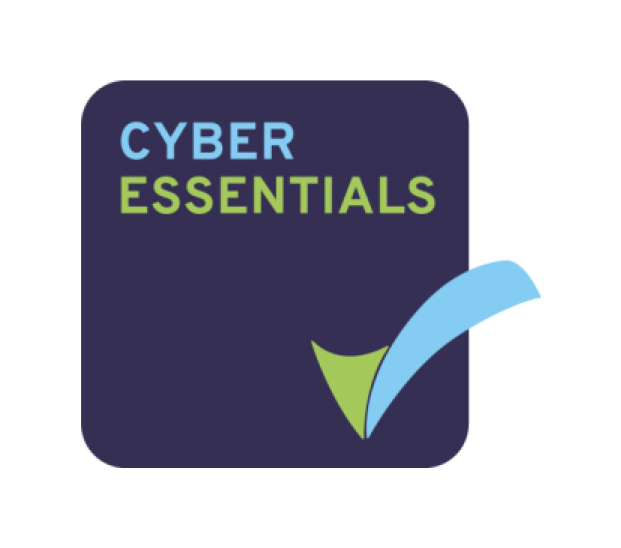
The NetSuite ecosystem is changing fast, and so are the skills businesses need to stay competitive.
From finance automation and analytics to AI integration and workflow optimization, employers are realizing that finding fully trained professionals isn’t always possible. Instead, they’re closing the gap another way, by funding training and continuous learning programs that keep their teams up to date.
This shift is reshaping how businesses attract and retain talent. It’s also redefining what it means to build a modern NetSuite career path.
The demand for adaptable skills
In today’s market, the most valuable NetSuite professionals aren’t just experts in one module or process. They’re adaptable problem-solvers who can move between finance, operations, and analytics as systems evolve.
NetSuite’s regular updates and expanding automation capabilities mean teams need to learn continuously. A developer who understood SuiteScript a few years ago now needs to know how to connect automation to finance AI tools. A systems administrator must manage not just workflows but also data governance and analytics integration.
That’s why more organizations are rethinking how they train and retain staff. The goal isn’t just to fill roles but to build internal capability that evolves with the platform itself.
The technology’s powerful, but success still depends on people. Anderson Frank can connect you with NetSuite professionals who help businesses grow the technical and functional expertise they need to adapt quickly and stay ahead of change.
Certification becomes continuous
NetSuite has revamped its certification model around role-based learning paths, designed to make learning more relevant and practical. Instead of one-time credentials, professionals can now validate their skills continuously across finance, operations, development, and analytics roles.
This evolution mirrors what’s happening inside many organizations. Rather than relying only on pre-certified hires, employers are investing in training programs that align with these new certification models. It’s a smarter way to build capability without narrowing the talent pool.
The business case for employer-funded upskilling
Employer-funded learning isn’t only about employee satisfaction. It’s a practical solution to one of the biggest challenges in the NetSuite market: keeping pace with innovation.
When new automation features or analytics tools launch, teams that already have a learning structure in place can implement them faster. That agility shortens project timelines, reduces reliance on external consultants, and improves system ROI.
It also creates a stronger sense of retention. Employees who feel their skills are growing with the business are far more likely to stay. For employers, this means lower turnover and less disruption across finance and IT.
In practice, many companies are blending formal certifications with internal mentorship. Senior developers or administrators coach junior staff, sharing real-world knowledge that complements NetSuite’s official learning materials. This model not only builds skills but also strengthens collaboration between departments.
Upskilling isn’t a perk anymore. It’s a hiring strategy. Anderson Frank can connect you with NetSuite professionals who have recent certifications and hands-on learning experience, helping your business scale and modernize faster.
Expanding the talent pool
Funding certification and training also helps employers access a broader range of candidates. Instead of limiting searches to those with years of direct NetSuite experience, hiring managers can recruit for adjacent skills in finance, data, or development and train them into the ecosystem.
This approach is particularly valuable as hybrid work continues to expand. Employers can source talent from a wider geographic area, then use remote learning and certification programs to onboard new hires quickly.
It’s a more inclusive and flexible model for talent development that fits the pace of digital transformation. In a market where innovation moves faster than hiring cycles, the ability to grow talent internally is a serious competitive advantage.
Building the modern NetSuite career path
The future of NetSuite careers will be built on adaptability and continuous validation. Professionals who treat learning as part of their role, not just a one-time milestone, will remain in the highest demand.
For employers, the takeaway is clear. The strongest teams aren’t built solely by recruitment. They’re developed through learning. Organizations that invest in training not only attract better candidates but also retain them longer and drive greater value from their NetSuite investment.
As NetSuite continues to evolve its AI, automation, and analytics capabilities, the businesses that thrive will be those whose people evolve with it.



